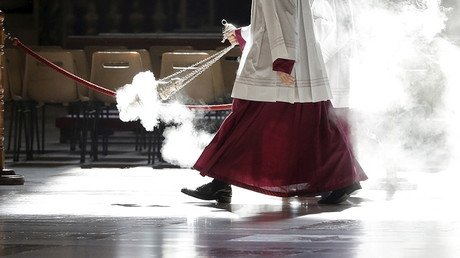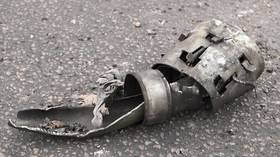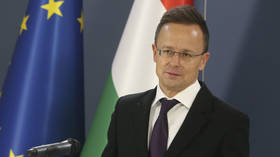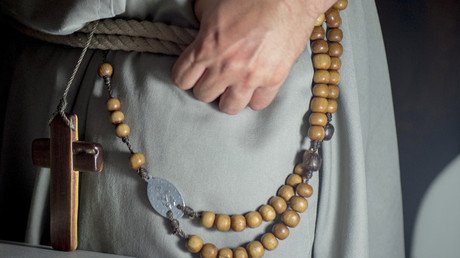Church should make celibacy optional to avoid child sex abuse, says landmark Australian report
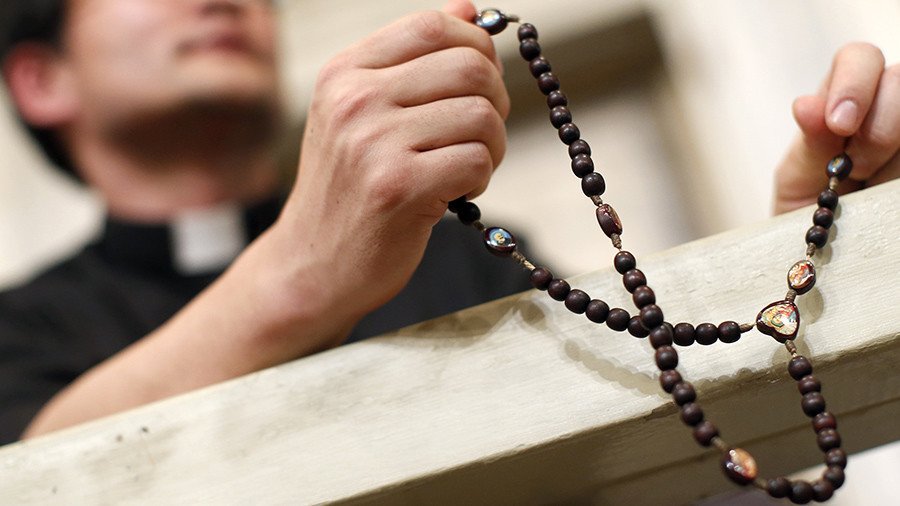
Compulsory celibacy contributes to child sex abuse, says a newly released Australian report based on thousands of victims’ testimonies. It sheds a light on the heinous scale of abuse at all kinds of institutions.
Some 8,000 personal stories were heard by the Royal Commission into Institutional Responses to Child Abuse, which compiled the report that was released on Friday. The commission, created five years ago, said that it has so far analyzed the accounts of more than 6,800 people.
“The problems have been so widespread, and the nature of the abuse so heinous, that it is difficult to comprehend,” the 17-volume report said.
According to the document, over 60 percent of the victims were male and more than half said they were subjected to the abuse at the age of 10-14. The majority of the abusers were male and adult. Some 36 percent of the victims claimed they were sexually abused by multiple persons.
Australian religious institutions are among those that “failed to protect children,” the report says, devoting an entire volume to Catholic Church.
“…Many children have been sexually abused in religious institutions in Australia. Based on the information before us, the greatest number of alleged perpetrators and abused children were in Catholic institutions,” the report said.
Celibacy may be “not a direct cause” but “a contributing factor” to sex abuse against children. “… Based on research we conclude that there is an elevated risk of child sexual abuse where compulsorily celibate male clergy… have privileged access to children in certain types of Catholic institutions, including schools, residential institutions and parishes,” the statement said.
The commission recommends that celibacy for members of religious institutions should be voluntary, calling on the Holy See to consider the issue. It reported that, for many priests, celibacy is implicated in emotional isolation, depression and even mental illnesses; and this can lead to “psychosexual dysfunction,” which in its turn causes risks for children. “For many clergy and religious, celibacy is an unattainable ideal that leads to clergy and religious living double lives, and contributes to a culture of secrecy and hypocrisy,” the report said.
The secrecy of confession should also be ended, the report stated, adding that the commission members heard that “disclosures of child sexual abuse by perpetrators or victims during confession were not reported to civil authorities.”
The commission received reports relating to some 4,000 individual institutions where sex abuse took place. While some of them terminated their activities, others continue to operate, the commission said.
“Many [Australian] institutions failed to protect children because their policies and procedures did not exist, were inadequate or were not implemented effectively,” the report said. According to the findings, many of those failings were “exacerbated by a manifestly inadequate response” to the abused person.
The failure is attributed not only to those institutions which provide services for children, but also to those which are linked to children indirectly. Police sometimes don’t take children seriously and “refuse to investigate their complaints,” the report states, adding that many children who “had attempted to escape were returned to unsafe institutions by police.”
The Royal Commission into Institutional Responses to Child Abuse was established in 2012 to investigate instances and allegations of child sexual abuse in Australia. The commission’s report from February this year found that more than 4,000 children, mostly boys, were allegedly sexually abused by Catholic priests in Australia over a period of decades.
